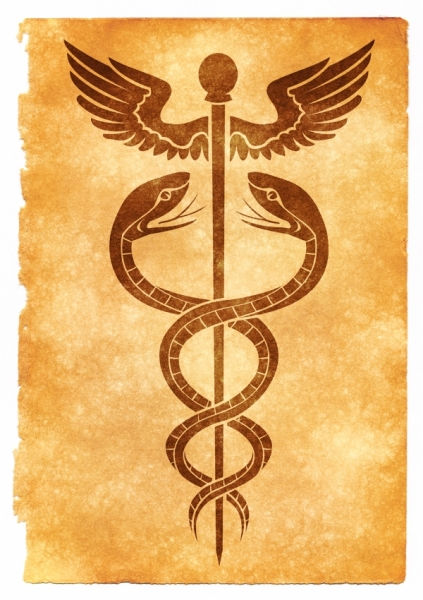Safety of Reiki
- Virginia Leigh

- Apr 3, 2020
- 2 min read
Updated: Jul 1, 2020
Learn about how Reiki compliments traditional medicine, with respect to SAFETY.
IS REIKI SAFE?
With respect to safety, no safety concerns or adverse side effects have been found. There have been no negative results reported in any of the research studies. Also, you cannot receive too much Reiki: the body absorbs as much as it needs and then the Reiki flow stops when appropriate, and the pulse of the Reiki current in the channel's hands adjusts to the changing needs of the recipient. No one can give you Reiki without your permission.
Reiki is one of the leading safe Energy Medicine approaches.
- C. Norman Shealy, M.D. Ph.D.
Neurosurgeon, Pioneer in pain medicine Founder, American Holistic Medical Association
NON-INVASIVE
The touch of Reiki is very light, non-manipulative, and can be delivered off the body, so it is safe for sensitive patients and people in fragile conditions. With experience practitioners are able to transfer Reiki energy from several inches above the body, or through a process of beaming from across the room, over the phone, or even long distance around the world through time, space, and all of the dimensions. As such Reiki is an effective option for special and/or critical circumstances, for example those with an injury or illness that is too sensitive for touch or in otherwise fragile condition, or in the case someone is contagious / quarantined. We may have an equally effective session with minimal or no physical contact.
HOW DOES REIKI FIT IN WITH OTHER MEDICAL OR HEALTH RELATED TREATMENTS?
Reiki compliments natural, holistic, and conventional health care. Reiki is becoming increasingly accepted by mainstream medicine, used in integrated and allopathic settings, and is being studied with evidence-based science to understand what this practice may offer the medical world. Reiki is practiced in hundreds of hospitals around the world.
A Reiki session will not interfere with conventional medical care. Reiki has no contraindications, and can safely be used concurrently with any medical treatment. No substance is applied to the skin, and the recipient does not ingest any substances, so there is no concern with mixing chemicals found in medications or naturally derived substances (tinctures), nor will Reiki override the action of medical interventions.
Please note, Reiki is not a replacement for medical care, and Reiki practitioners do not offer medical diagnoses. Please see your doctor if you are experiencing concerning symptoms.

Reiki has become a sought-after healing art among patients and mainstream medical professionals.
- Dr. Mehmet C. Oz, MD, FACS
Cardiothoracic Surgeon, Columbia University Professor






Comments